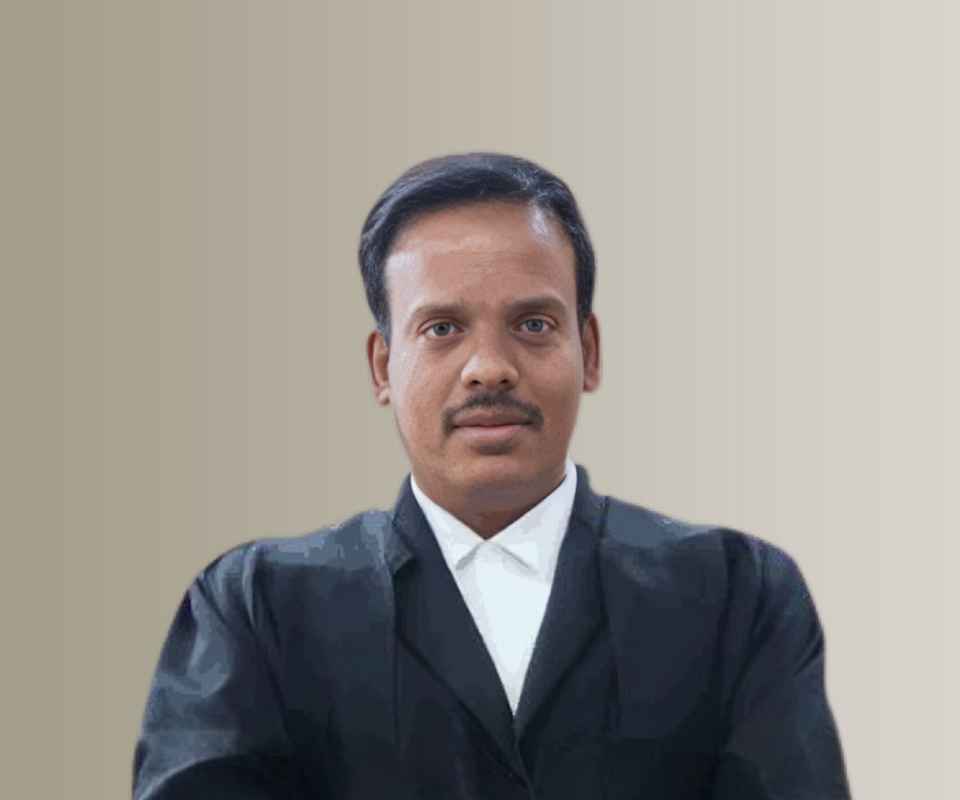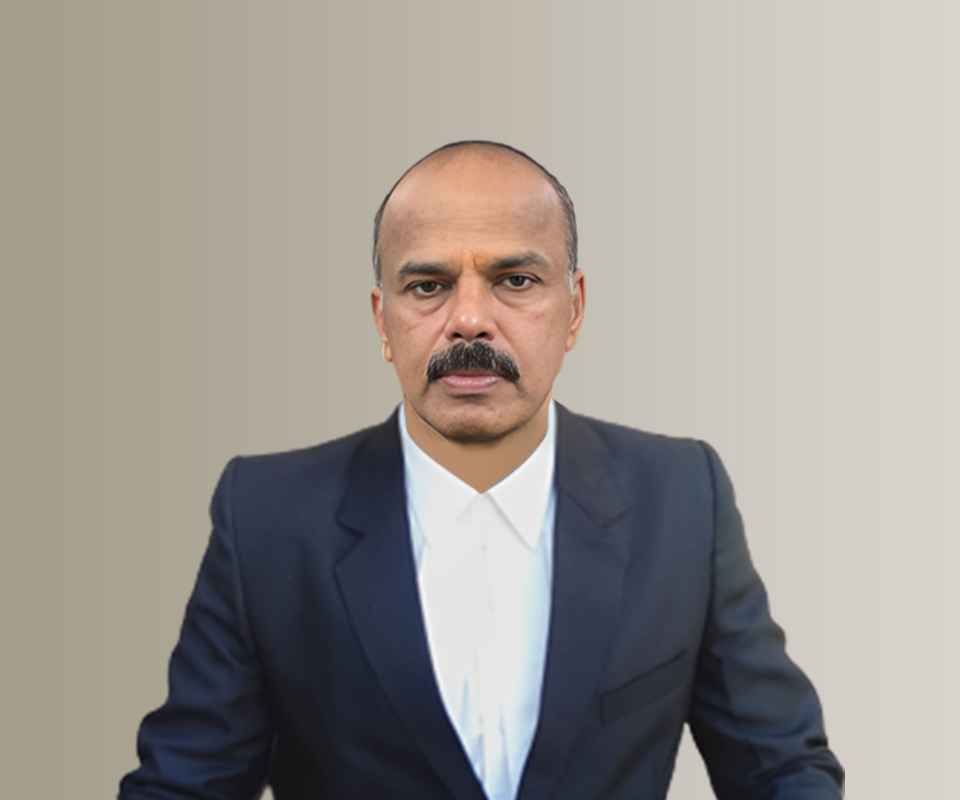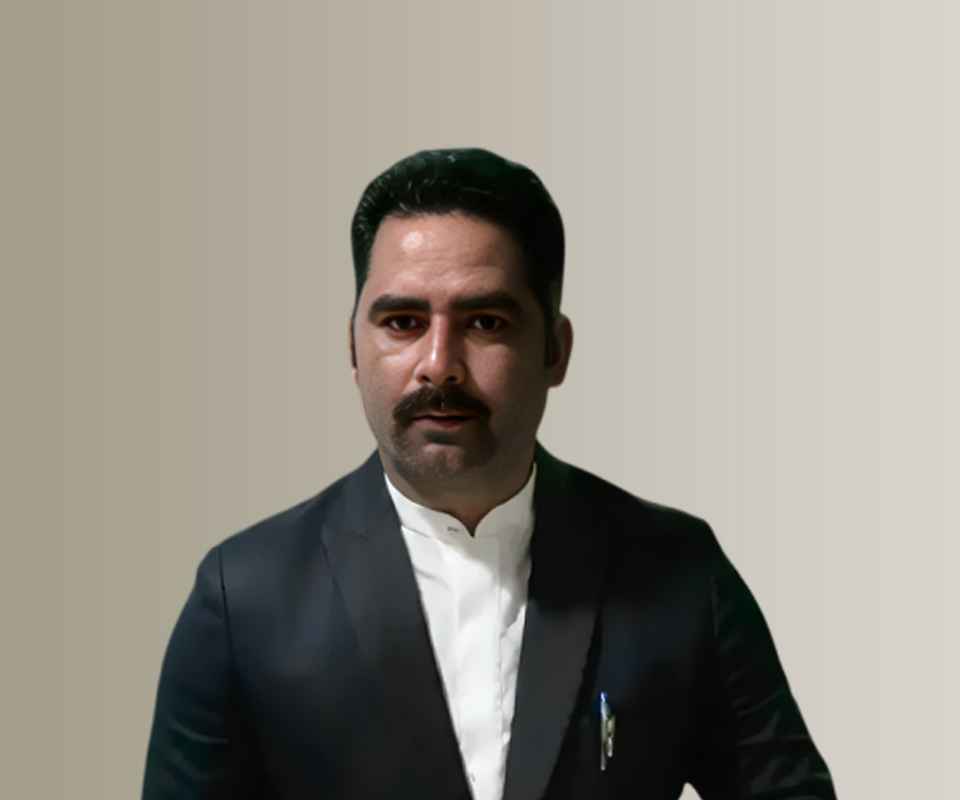Answer By law4u team
Extradition is a complex process requiring cooperation between countries. India, aiming to bring fugitives to justice, often faces multiple challenges that delay or complicate extradition proceedings. These hurdles stem from legal, diplomatic, procedural, and human rights concerns, impacting India’s ability to effectively secure the return of accused individuals.
Major Challenges India Faces in Extraditing Fugitives
Lack of or Limited Extradition Treaties
India does not have extradition treaties with every country, which complicates or prevents formal extradition requests.
Dual Criminality Principle
Extradition demands that the alleged offense be a crime in both India and the requested country. Differences in laws can hinder requests.
Judicial and Procedural Delays
Extradition cases often involve lengthy court hearings, appeals, and bureaucratic procedures in foreign jurisdictions, causing significant delays.
Human Rights and Fair Trial Concerns
Requested countries scrutinize if the fugitive will receive a fair trial and humane treatment in India, especially if capital punishment or harsh penalties are involved.
Political and Diplomatic Sensitivities
Extradition requests can be complicated by political considerations, diplomatic relations, or allegations of persecution and misuse of the legal system.
Asylum and Refugee Claims
Fugitives may apply for asylum or refugee status in the requested country, complicating or halting extradition.
Evidentiary Requirements
Requesting countries must provide strong evidence to support extradition. Insufficient or improperly presented evidence weakens the case.
Sovereignty Issues
Countries are cautious about allowing another nation to exercise legal authority on their soil, often leading to reluctance in approving extradition.
Resource and Coordination Constraints
India’s law enforcement and diplomatic missions may face resource limitations, affecting timely and effective coordination.
Example
Consider the case of Vijay Mallya, wanted in India for financial fraud. India requested extradition from the UK. However, the process has been prolonged due to rigorous UK judicial scrutiny, Mallya’s legal defenses, concerns about his health, and procedural appeals. India had to repeatedly engage diplomatically and legally to meet evidentiary and procedural standards.
Steps India should take to overcome challenges:
Strengthen extradition treaties and expand bilateral cooperation.
Improve quality and completeness of evidence before filing requests.
Engage diplomatically to address political and human rights concerns.
Enhance legal expertise and coordination in foreign jurisdictions.
Promote international collaboration against cross-border crime.







